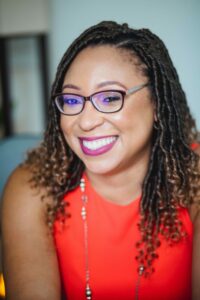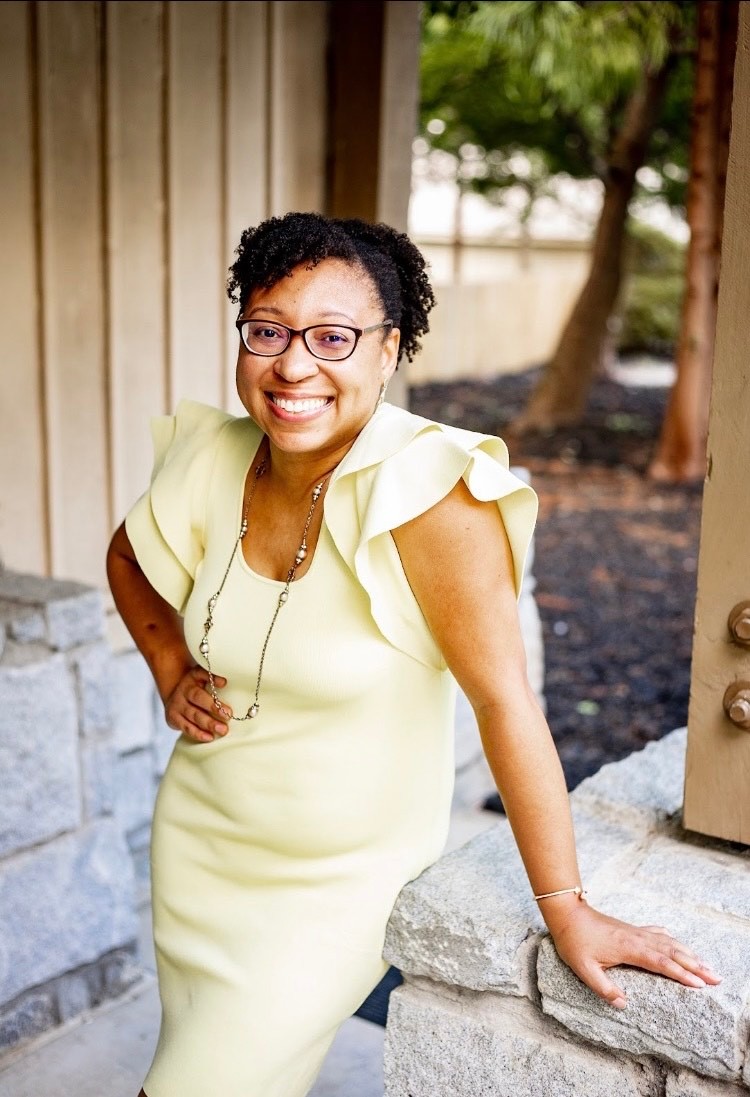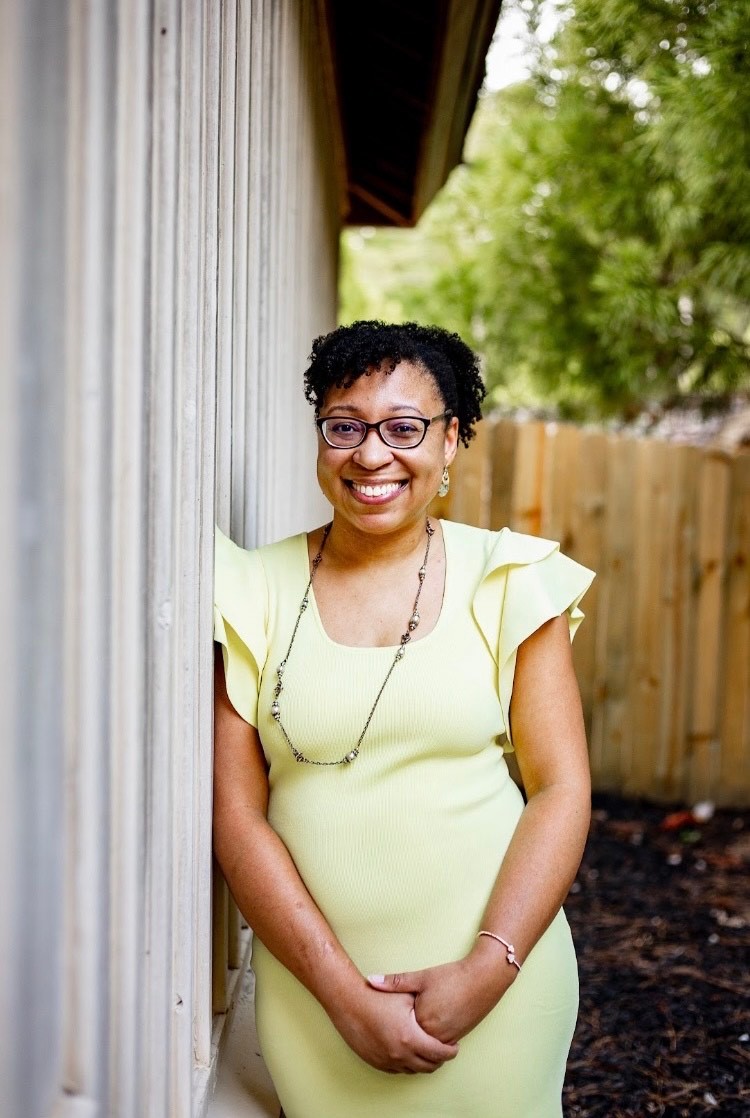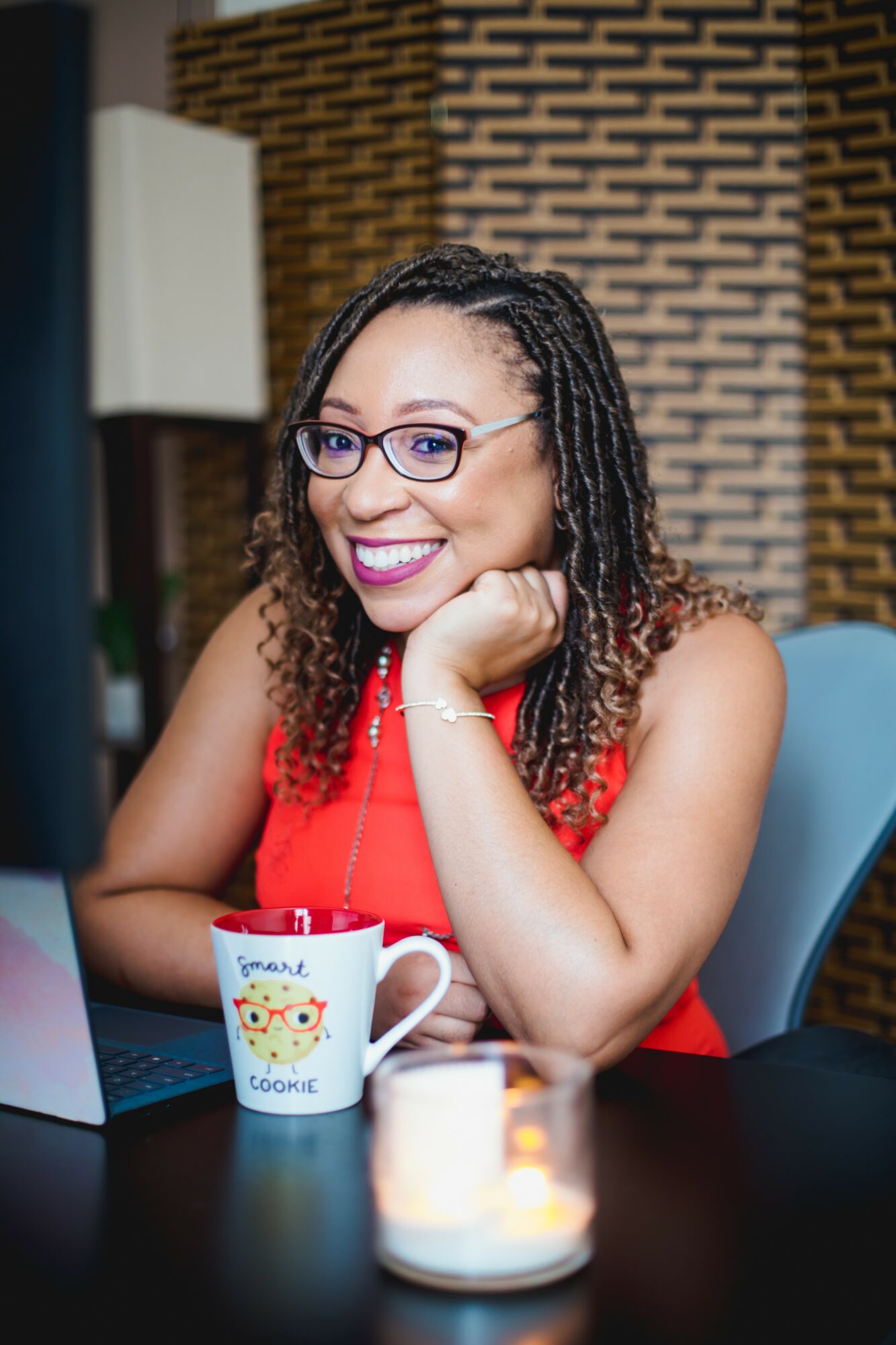
Today we’d like to introduce you to Shauna Pollard, Ph.D., affectionately known by her clients as Dr. P
Hi Dr. P , thanks for sharing your story with us. To start, maybe you can tell our readers some of your backstory.
I took my first psychology class as a high schooler and I was hooked. I attended Emory University as an undergrad and majored in Psychology. One of my professors highlighted the importance of getting research experience, so I did — and ended up spending a summer in Guatemala studying how genetics and other risk factors can impact the onset of high blood pressure in a local Mayan community. It was through this experience that I became interested in the biological aspects of health and wellness and how it varied in different cultures. I was accepted to a PhD program in Clinical and Community Psychology at the University of Maryland Baltimore County, so I moved to Baltimore, Maryland right after undergrad.
So at the beginning of my career, I’m approaching my understanding of wellness from multiple levels- physically, mentally, culturally, emotionally, and socially. I became a licensed psychologist, initially starting my career off in the Department of Veteran Affairs and then moving into private practice. Two years ago, I decided to make the leap from working in a group practice to having my own solo practice. I knew that I wanted to diversify my offerings and in that process, I realized that there weren’t a lot of providers with specialized training and experience in managing ADHD. The formal term for ADHD is Attention-Deficit/Hyperactivity Disorder and it’s a lifelong disorder that includes symptoms like being disorganized, having difficulty concentrating without being sidetracked by distractions, challenges with managing emotions, and struggles to get things done in a timely fashion. I have ADHD and it definitely has played a role in shaping my long academic and professional journey. Being able to focus on topics I was really passionate about contributed to my success big time, but being disorganized, forgetful, and jumping between so many interests caused its own set of issues.
During grad school and before I was even formally diagnosed with ADHD, I dove into books and podcasts on how to get organized, procrastinate less, and accomplish big goals. As I became a therapist, I automatically incorporated these skill sets into my work with clients. These skills were effective across the board whether folks were coming in with depression, anxiety or ADHD. I continued to nurture my professional interest in treating executive functioning across multiple disorders, but especially in ADHD. I love the work because I get to help clients think about how to be successful and build their confidence despite having a challenging diagnosis. Currently, it’s one of my areas of specialty and I’m on my 2nd round of running a professional consultation group for BIPOC Therapists with ADHD. BTW, BIPOC stands for Black, Indigenous, and People of Color and reflects the fact that my clients and fellow therapists are often looking for a therapist with a shared identity and/or someone who understands the unique challenges that can come with living in a society where systemic oppression exists.
We all face challenges, but looking back would you describe it as a relatively smooth road?
It has not been smooth, lol. I harnessed the ADHD strength of hyperfocus, which is the ability to shift into a state of deep focus and concentration that you can feel when you’re “in the zone”. I went straight through from high school to undergrad to completing a PhD. However, moving from a very demanding educational process into a very demanding career resulted in me not having enough balance in other aspects of my life. It made sense that I needed more emotional support, but I was surprised to see how high levels of stress showed up in my physical health. I developed digestive issues, joint pain, and fatigue, and I had to slow down to rebalance myself and get back on track. I later found out that lots of ADHD’ers can be prone to similar health issues.
As you know, we’re big fans of Dr. Shauna Pollard. For our readers who might not be as familiar what can you tell them about the brand?
Many people seek me out because they are looking for a specific therapy experience. The bulk of my clients have done therapy before and are past the “Intro to Therapy” experience aka Therapy 101. Yes, they want someone who is warm, empathetic and down to earth, but they are looking for someone who can help them with specific problems, like feeling less overwhelmed, getting their spark back professionally and creating healthier habits. They have some understanding of their issues and challenges, and have been reading books, listening to podcasts, or following certain social media accounts. But now they are ready for the advanced coursework. Often they are looking for someone who understands intersectionality and the complexity that it brings. The intersectionality of being a high performer and having chronic mental health struggles, of being Black and dealing with loved ones who don’t take their ADHD seriously- “you’re just lazy”, of being a woman in leadership and navigating discrimination, or of having this constant feeling of heaviness that no one knows about and having to keep it together on the outside. My clients place a huge value on having a highly skilled therapist who can meet them where they are and push them to where they want to go.
As for the official credentials, I’m a licensed clinical psychologist in Georgia and Maryland. I also see adults across the country in over 30 states due to PSYPACT (https://psypact.org/mpage/psypactmap). My practice is 100% virtual and my clients love the convenience of doing therapy from the comfort of home and being able to continue sessions while they travel domestically.
Right now, my practice has three branches.
1) Private Practice Clients – Specialty areas of Adult ADHD, Online Dating, and Depression
2) I contract with Modern Health to provide therapy through an online platform that supports over 300+ companies in connecting employees with therapy services
3) BIPOC Consultation Group for ADHD Therapist – six-week group that I run 2-3 times a year.
In the near future, I plan to offer some group coaching in the area of procrastination, so that will be the fourth leg.
The common thread in my brand/offerings is that I support passionate, driven professionals who need support in getting back on track. When you perform at a high level professionally, it can be hard to ask for help and to receive the right kind of help that will allow you to perform optimally. When clients come to me, they have often had trouble finding someone who understands the complexity of being a high achiever and having areas that you struggle with.
What are your plans for the future?
I’m planning to offer group coaching around procrastination. So stay tuned! I have a FREE guide for professionals who love what they do and who struggle with procrastination. DM me the words “PROCRASTINATE LESS” on Instagram if that sounds like something that might help you.
Contact Info:
- Website: www.drspllc.com
- Instagram: https://www.instagram.com/drshaunap/




 Image Credits
Image Credits
Shots in Orange – Janet Howard of Janet Howard Studios; shots in yellow dress – Anjellica Nokes













